Important safeguarding information from the Early Years Hub to help early years settings understand the definitions and categories of abuse and neglect and to consider how they may present when working with babies and young children.
The Early Years Foundation Stage states that;
‘Training made available by the provider must enable staff to identify signs of possible abuse and neglect at the earliest opportunity, and to respond in a timely and appropriate way’.
There are 4 categories, they are neglect, emotional, physical and sexual abuse.
Let’s take a look at physical abuse, the third highest category of all 4.
Physical abuse
Physical abuse is deliberately physically hurting a child. It might take a variety of different forms, including hitting, pinching, shaking, throwing, poisoning, burning or scalding, drowning or suffocating a child.
Physical abuse can happen in any family, but children may be more at risk if their parents have problems with drugs, alcohol and mental health or if they live in a home where domestic abuse happens. Babies and disabled children also have a higher risk of suffering physical abuse.
Physical harm may also be caused when a parent or carer fabricates the symptoms of, or deliberately induces, illness in a child.
Physical abuse can also occur outside of the family environment.
Source; ‘What to do if you’re worried a child is being abused’ – Advice for practitioners (2015) The EYFS says that providers may find this guidance ‘helpful’. We advise further reading of this document.
Physical abuse may present in young children in a number of ways, this could include;
- Bruises or injuries
- Bruises or injuries in non- mobile children such as babies, children with disabilities or who are ill
- Pinch or grab marks
- Injuries in hidden areas such as the torso or bottoms of feet
- Babies with bloodshot eyes
- Disclosure of a child about injuries
Early Years Hub provide training and consultancy on early years themed subjects including extensive Safeguarding and Child Protection advice. Our safeguarding courses are delivered on behalf of a number of Local Safeguarding Children Boards (LSCB’s) in the North West. Contact us to find out more.

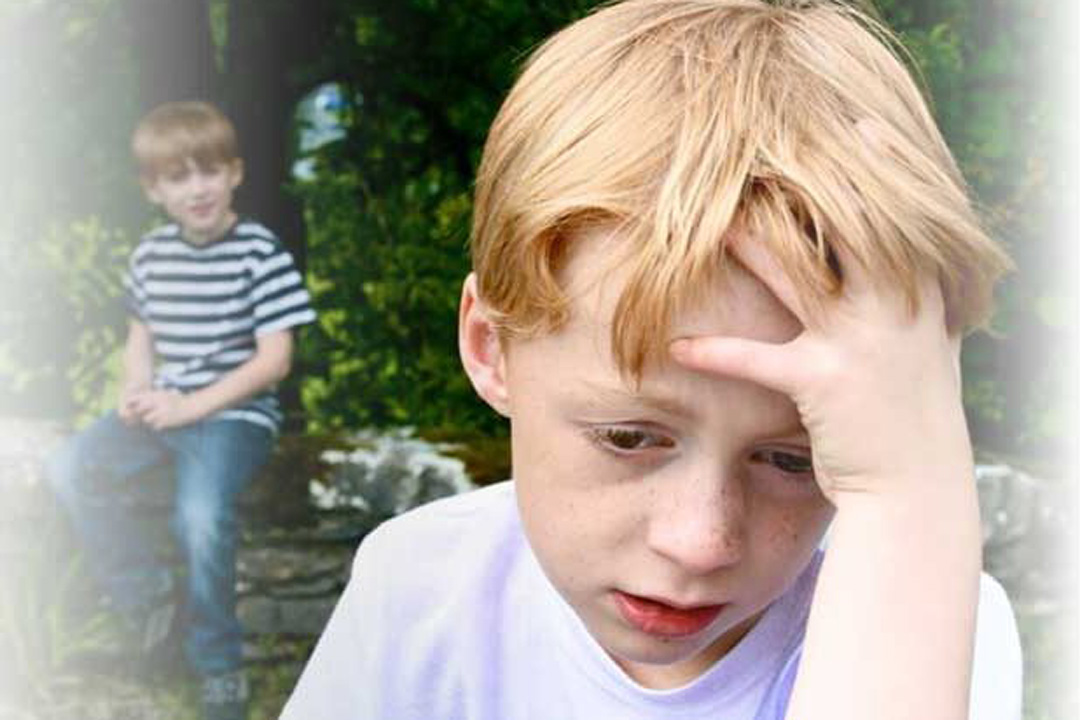
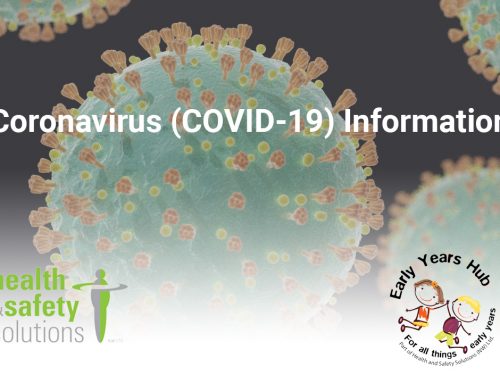
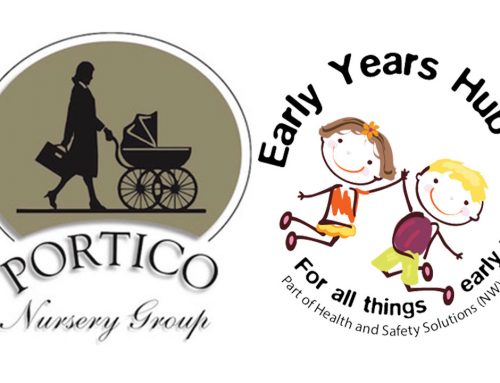
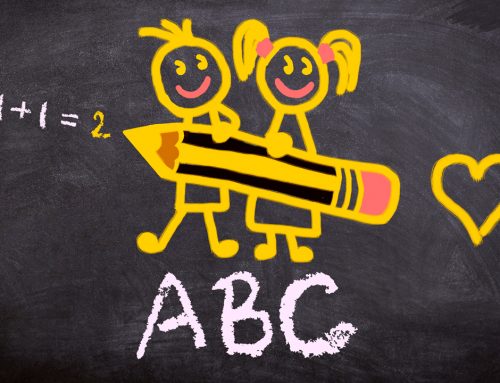
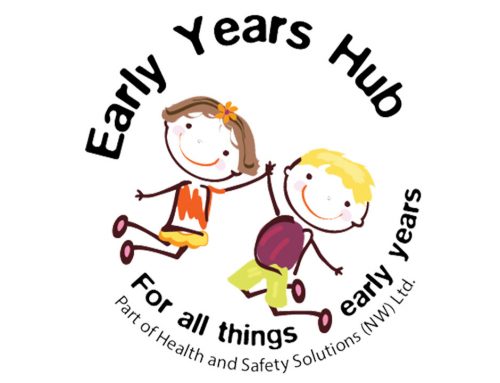
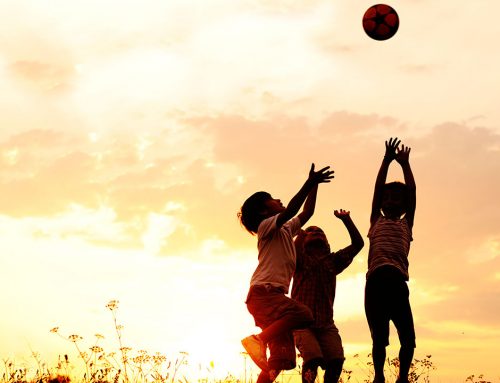
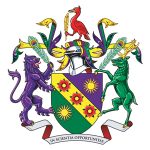

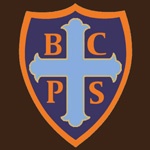
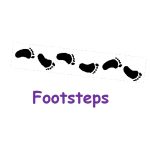


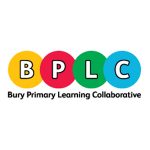

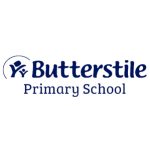
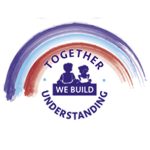

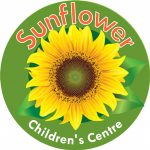
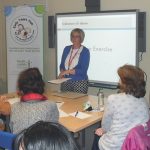
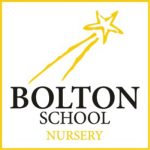
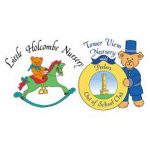
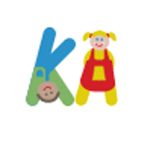
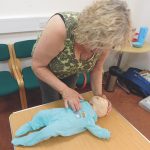
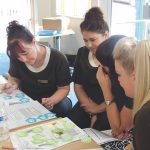
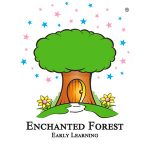
Leave A Comment